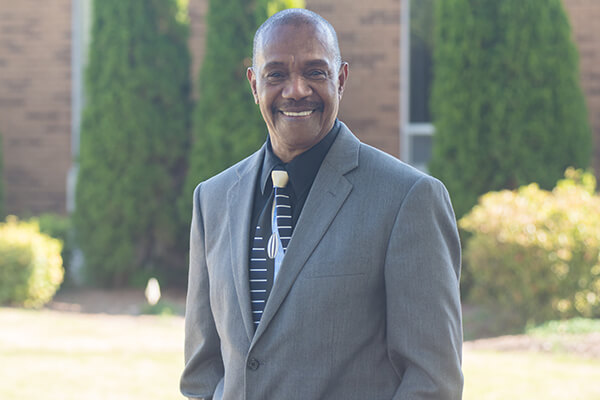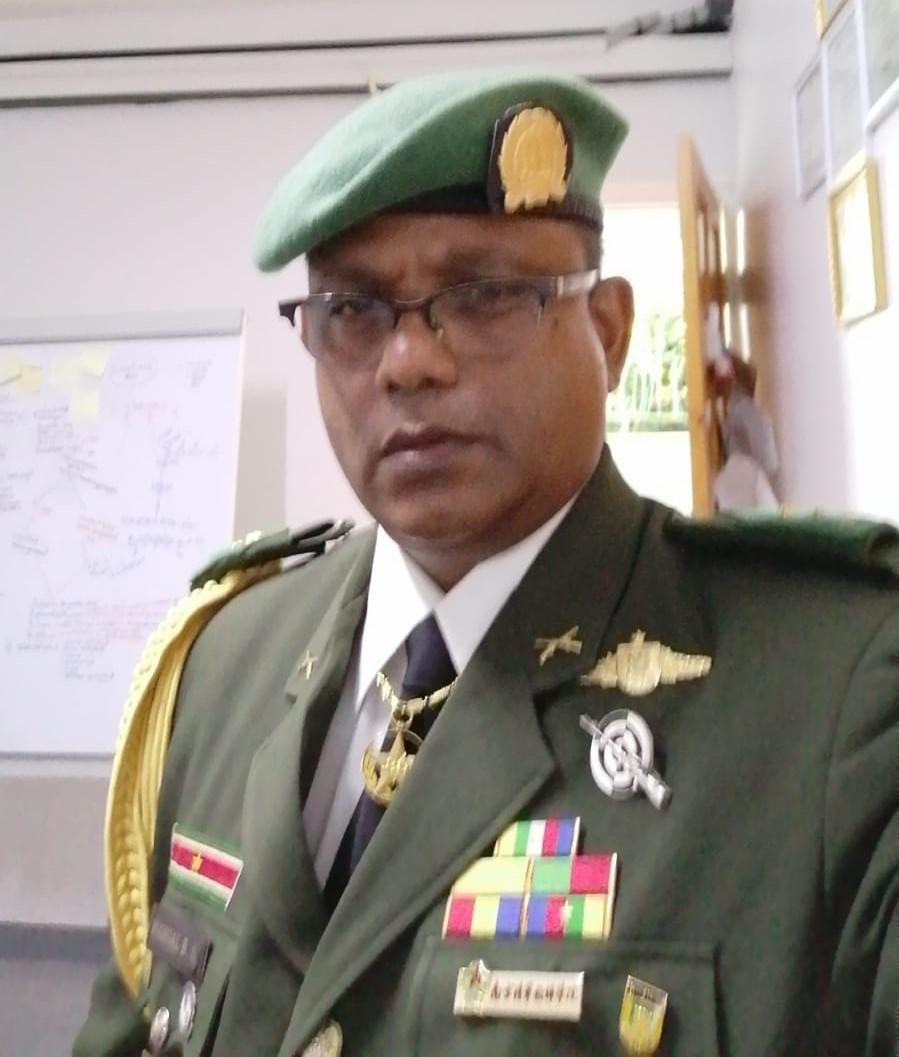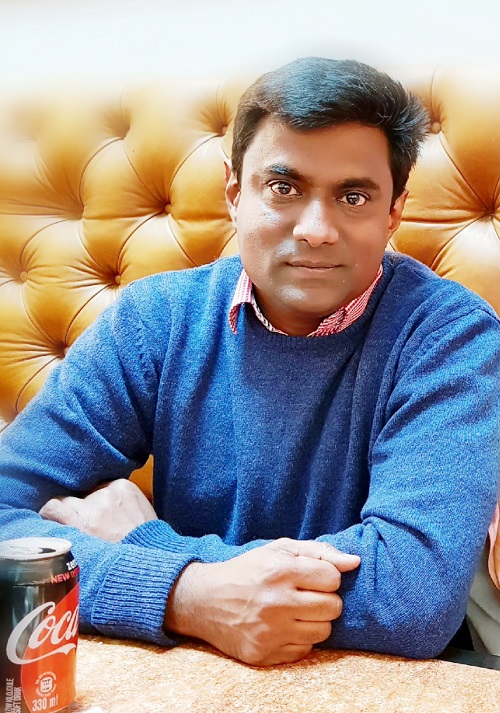“If a man says he is not afraid of dying, he is either lying or he is a Gurkha.”
— Manekshaw
The Gurkhas are fearless soldiers from Nepal and parts of Northeast India. Admiring the Gurkhas’ military abilities and honourable tactics, the British Army first recruited them in 1815.
Since then, Gurkhas have served with distinction throughout the world, earning an incredible 13 Victoria Crosses for acts of extreme valour, along with countless other medals.
Former Indian Army Chief of Staff Field Marshal Sam Manekshaw stated: “If a man says he is not afraid of dying, he is either lying or he is a Gurkha.” (https://www.gwt.org.uk/about-the-gurkhas/gurkhas/)
Also from the Indian subcontinent are sepoys – native/Indian soldiers or ‘sipahi’, originally a large, powerful and mainly Brahmin-and-Kshatriya high-caste Hindu fighting force. They were trained and employed by the British East India Company (BEIC) from 1757 to 1857, and then by the British Indian Army from 1858 to 1947.
“At least 20,000 Indian ex-soldiers secretly migrated to the West Indies. This figure is based on the 70,000 sepoys who actively fought against the British, the 10,000 veterans proposed to be expatriated to Trinidad, the 30,000 recommended to be exiled to British Guiana, and the mere 3,000 deported to the Andaman Islands.”
— Dr Kumar Mahabir
In 1857, there were 257,000 sepoys (88 percent of the BEIC’s army) compared to a mere 34,000 European soldiers in all of India, which then included Pakistan, Bangladesh and Myanmar (Burma).
As a result of the 1857 Sepoy Rebellion and/or the First War of Independence in India, many ex-soldiers left India during indentureship (ending in 1917) out of fear of reprisals from the British army. To escape, they changed their names and downgraded their caste identity to that of labourers.
Anthropologist Dr. Kumar Mahabir (2021) estimates that at least 20,000 Indian ex-soldiers secretly migrated to the West Indies. This figure is based on the 70,000 sepoys who actively fought against the British, the 10,000veterans proposed to be expatriated to Trinidad, the 30,000 recommended to be exiled to British Guiana, and the mere 3,000 deported to the Andaman Islands.
Coming from such a long and sustained military tradition, why is it today that Indians comprise such small numbers in the police, army, navy and coastguard in countries such as Trinidad, Guyana and Suriname, where they constitute the majority population? Are they not interested in joining the armed forces? Or do they not receive fair and equal treatment in the recruitment and promotion process? Are the armed forces in the Indian Diaspora like those of the USA, where it was found recently that racism or discrimination against Blacks and Coloureds is deep-rooted and festers stubbornly, despite repeated efforts to eradicate them? These were some of the questions that were addressed in our ICC Zoom discussions.
The following are excerpts of a Zoom public meeting (16/10/2022) on the topic “Indians in the Armed Forces in the Diaspora: Disinterested or Denied Recruitment and Promotion?”
[See unedited recording: https://www.youtube.com/live/joWg37nfIS4?feature=share ].
The Pan-Caribbean meeting was chaired by Shakira Mohammed and moderated by Shalima Mohammed, both of Trinidad. The programme was hosted by the Indo-Caribbean Cultural Centre (ICC).

The speakers were Narendh Ganesh and Vinesh Selvan of South Africa, Professor Vijay Naidu (Fiji), Lieutenant-Colonel Bob Mangal (Suriname), and Professor George Danns (USA/Guyana)

NARENDH GANESH of South Africa said. “Indian men, who were fully-fledged troops of the Indian Army, played a significant role in the Anglo-Boer War in South Africa, primarily as ‘auxiliaries’ or ‘followers’ – they were not active combatants. Despite their non-combatant role in the war, many Indian soldiers remained in South Africa.”

PROF. VIJAY NAIDU from Fiji said, “Racial discrimination and exclusion began during colonisation and continued after independence. Fijian Military forces comprise more than 9000 members of which less than 30are of Indian descent despite the population consisting of 34% Indo-Fijians.”

Bob Krishnadath
LIEUTENANT-COLONEL BOB KRISHNADATH of Suriname said, “I want to thank my Indian ancestors because of their strength, values, culture, cuisine and tradition.”
PROF. GEORGE DANS from Guyana said, “From its earliest formations to contemporary times, the armed forces in Guyana have been characterized by ethnic divisions in recruitment and promotion. Policing was dictated by the need to conquer, subjugate and exploit the colonized while protecting and serving the white population.… After slavery, police stations were set up mainly in black communities to monitor the emancipated population. East Indians were initially not allowed to join the police force and were discouraged from joining the civil services to restrain them as plantation labour. After restrictions were lifted, East Indians were kept out of the forces because of height, weight and policies of discouragement. ICGA found that Indians suffered more than any other groups in the disturbances. The majority of Guyana’s population are East Indians, but most of the armed forces are black.”

VINESH SELVAN of South Africa said, “The following Indians served in the army in South Africa: Sergeant Maharaj, George Moodley, Dharma Gordon and Vino Earhrambran. Today, we are still having race quotas that hamper the growth of Indians in the military.”
(The author Dr Mahabir is an anthropologist, author and university lecturer. He is also the Founder and Executive Director of the Indo-Caribbean Cultural Centre (ICC) weekly Sunday ZOOM Public Meeting.)
https://www.youtube.com/live/joWg37nfIS4?feature=share
********************************************************
Readers
These are extraordinary times. All of us have to rely on high-impact, trustworthy journalism. And this is especially true of the Indian Diaspora. Members of the Indian community overseas cannot be fed with inaccurate news.
Pravasi Samwad is a venture that has no shareholders. It is the result of an impassioned initiative of a handful of Indian journalists spread around the world. We have taken the small step forward with the pledge to provide news with accuracy, free from political and commercial influence. Our aim is to keep you, our readers, informed about developments at ‘home’ and across the world that affect you.
Please help us to keep our journalism independent and free.
In these difficult times, to run a news website requires finances. While every contribution, big or small, will makes a difference, we request our readers to put us in touch with advertisers worldwide. It will be a great help.
For more information: pravasisamwad00@gmail.com



